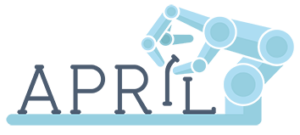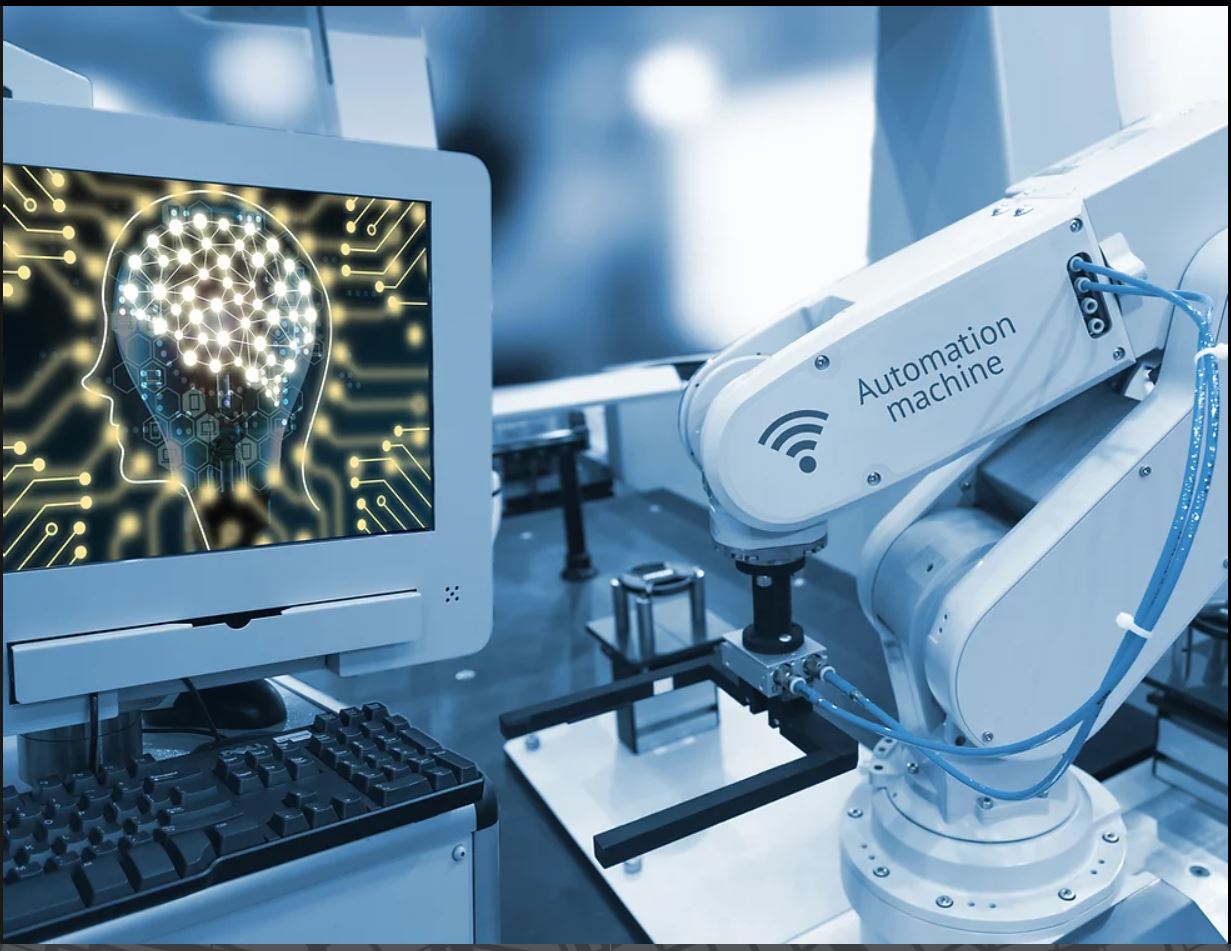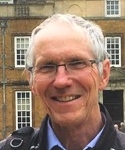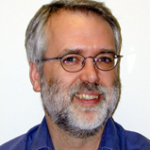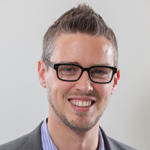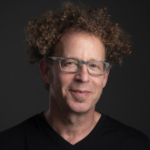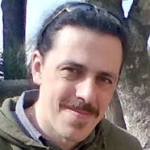Metrics for Manipulation Workshop ICRA2020
The Full-day workshop at IEEE ICRA 2020 is sponsored by Science Robotics and European Union’s Horizon 2020 Research and Innovation Programme under grant agreement No. 870142 (APRIL Project) and No. 871237 (SOPHIA)
All the contributions of the speakers and the poster contributors will be pre-recorded and will appear online on June 30th. You can find the Workshop on YouTube channel ICRA20 workshop #ws21.
ABSTRACT
Grasping has been known to be a purposive action for humans; however, research in robotics has focused mainly on the motor control of the grasping action. Generally, the higher goal of such action has been completely overlooked or taken into account only marginally. As an effective object manipulation is increasingly requested of robots, possibly in cooperative tasks with humans, this workshop aims at discussing the role of the manipulation task over the choice of a grasp, starting from analysing the human behaviour and then delving into how these principles can be adopted in robotics. Moreover we will facilitate a discussion on the definition of a new metric to access grasps that accounts for (and is heavily shaped by) the ultimate manipulation task to perform.
About the workshop
Literature in neuroscience and psychology has long suggested that human grasping is a purposive action. Effectively, object manipulation is the high-level action, and grasping can be regarded as one sub-action of the manipulation task. In this perspective, at least five factors seem to prime a grasp: object, task, human hand, the experience of the grasper and chance. For instance, parameters such as hand shaping and hand placement are suggested to depend heavily on these factors.
Differently, research in robotics appears to have focused attention mainly on the stability and the speed of a grasp. These two features are necessary while performing a grasp; however, they do not fully represent the ecosystem of choices behind a grasp since they do not account for the overall manipulation task to perform.
An effective object manipulation is increasingly requested, as robots need to successfully manipulate the surrounding environment to be accepted. In smart factories, robots need to be smart grasper and capable partners to human workers, thus enabling an efficient human-robot interaction. Moreover, imagine a robotic nurse that has to help injured patients to stand up, hence supporting their weight. In these examples, and many others can come to mind easily, robots must adapt their grasping strategy to the task to perform.
For all these reasons, the aim of this workshop is to discuss the role of the manipulation task over the choice of a grasp, starting from analysing the human behaviour (Neuroscience and Psychology) and touching also on what could be the implications of the so-called task-oriented grasping, for the design of flexible robotic grippers and hands, and for the identification of suitable control and planning strategies. Also, a discussion will be facilitated on the definition of a quality metric which is shaped by the ultimate manipulation task and which helps synthesising grasps accordingly. The organisers have recently put forward such a metric that includes the abovementioned stability and speed, and this metric will also be used during the discussion.
TOPICS OF INTEREST
Task-oriented grasping
Grasp metrics
Grasp algorithms
Grasping and manipulation in robotics
Perception for grasping and manipulation
Learning for grasping and manipulation
Neuroscience of grasping
Psychology of grasping
